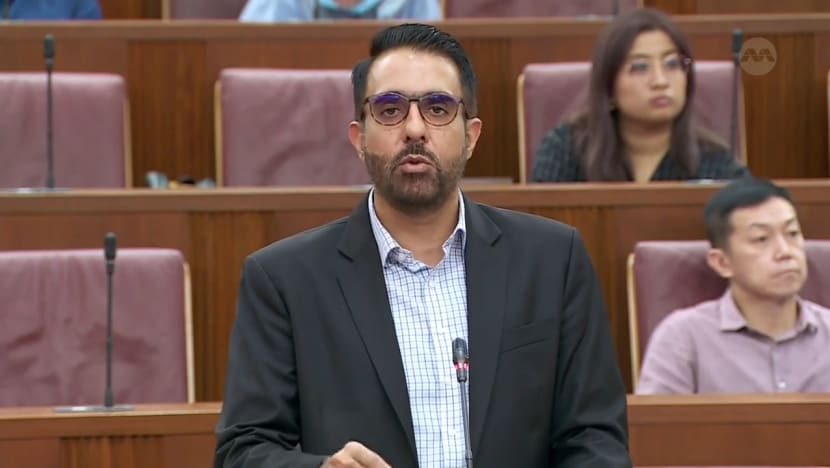SINGAPORE: Leader of the Opposition Pritam Singh rejected criticisms that his Workers' Party (WP) has no serious policies or that it advances populist ideas, in parliament on Friday (Apr 21) during a debate on the President’s Address.
It comes after Deputy Prime Minister Lawrence Wong took aim at the opposition earlier this week, saying it should provide concrete alternatives to raise revenue and “not just opportunistic or populist ideas” to chip away at trust in the government.
“If all we were doing was putting forward populist, unrealistic policies, we will not see the government actively considering some variation of the Workers’ Party manifesto ideas on anti-discrimination legislation, minimum wage and redundancy insurance,” Mr Singh said.
“It is a most unfair charge levelled at the Workers’ Party, which in reality, chips away at the integrity of our parliamentary democracy as an important platform for the exposition and contestation of ideas,” he said.
To “demolish the idea” that his party has not put forward serious alternatives, the WP secretary-general listed eight examples of proposals that his party had put forth previously, which were similar to policies later implemented by the government.
This includes its calls in 2015 and 2020 to broadcast parliamentary sittings live - which was livestreamed for the first time on Jan 5, 2021 - as well as proposals to give priority to first-time applicants and those under the fiance/fiancee scheme up to their third try to select a Build-to-Order flat so as to minimise the waiting time for couples to buy a flat and start a family.
Last month, the Ministry of National Development (MND) announced that applicants who fail to select a BTO flat despite being successful at the balloting stage will face tighter restrictions from August.
Mr Singh noted that other proposals that had been “long advanced” by his party - such as providing criminal legal aid and having anti-discrimination laws and redundancy insurance - had initially been rejected by the People's Action Party (PAP) but were later adopted.
